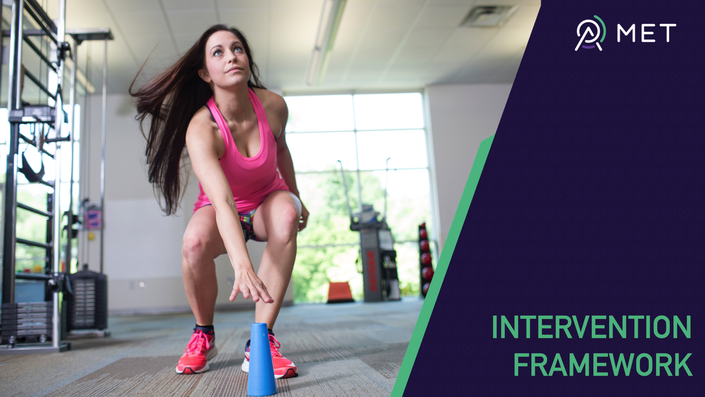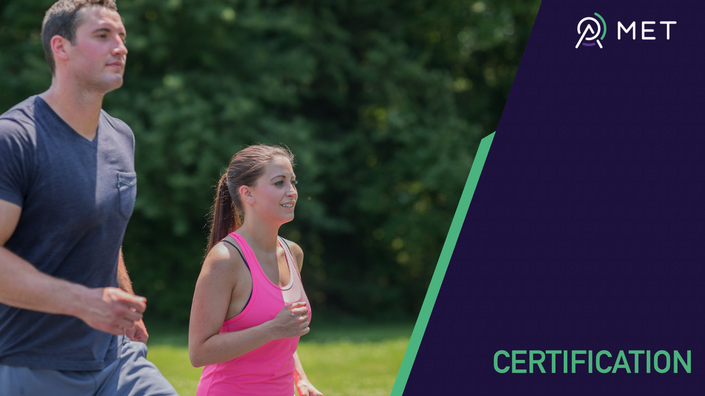
Medical Exercise Therapy
Therapeutic exercise is now clearly recognized as the cornerstone of therapeutic interventions for musculoskeletal care. Unfortunately, a framework to achieve optimal outcomes for every single patient, every single time, is not universally practiced. Determining starting progression parameters for therapeutic exercise design, dose and delivery remains often guesswork and clinicians rely mostly on clinical expertise. This is problematic in that this lack of precision often results in suboptimal clinical outcomes.
Further, guesswork does not reflect the skill or expertise of rehabilitation professionals. Patients, clients and third party payers are expecting we deliver on our promise of producing meaningful improvement and achieving optimal outcomes in the most efficient manner. It is time for a reset. We must translate evidence-based rehabilitation into daily clinical practice to ensure that all clients receive adequate, appropriate intense, and progressive exercise rehabilitation.
The concepts taught in our clinical courses are the contemporary development of Medical Exercise Therapy (MET) concepts initially introduced by Oddvar Holten. Interestingly, those initial concepts have passed the test of time and are now being validated by the latest research in pain, exercise and rehabilitation science.
Belgian manual physical therapist, Leo Wouters, further developed the dosing strategies for therapeutic exercises utilized within the MET clinical framework. With research performed at Andrews University, Berrien Springs MI, USA, we further developed the MET clinical framework for implementation of precision design, dosing and delivery of therapeutic exercises in daily clinical practice.
MET is an outcome driven intervention model, starting with assessing the functional and movement needs of the patient. MET is a no-nonsense rehab approach without gimmicks for patients who expect optimal outcomes and for providers who have the courage to place the patient in the center without compromise. MET integrates the latest in exercise and rehabilitation science, manual therapy and modalities.
The course curriculum consists of two 3-day courses and provides a step-by-step approach for implementing the MET frameworks in daily clinical practice, regardless of the practice setting. After taking the two courses you can complete a case study and apply for your CMET certification.

Upcoming Course - 3 day live - 24 CEU
(Includes: full colored hardcover hand-held dynamometry book and 3 additional CEU online)
August 25, 26, 27, 2025
Andrews University, Berrien Springs, MI
To register: Contact Michele Keyes, AUPT Postprofessional Program Operations Coordinator.
michelek@andrews.edu

DAY 1 - MAIN TOPICS
- Conceptualize movement and function: The ICF Framework
- MET Assessment Framework: 4 outcome domains, 3 outcome levels, 5 client profiles
- Pain assessment (pain mechanisms, severity, interference, sensitivity)
- Functional ROM and PROM profiles
- Structural Integrity batteries
- Step down and jump-off battery; hop test battery

DAY 2 - MAIN TOPICS
- Creating strength profiles as a clinical outcome
- Hand held dynamometry (HHD) in daily clinical practice: utilization, reliability, validity
- HHD: movement-bias tests
- Limb symmetry, agonist / antagonist, grip / knee extension, knee extension/ body mass extension ratios
- Clinical reference data

DAY 3 - MAIN TOPICS
- Creating a client biopsychosocial presentation profile
- Biopsychosocial screening
- Dual Task assessment
- Value Based Documentation:
- Outcome measures to establish patient objectives
- Matching outcome measures to the ICF
Italy - PhisioVit
For course dates and location contact:
Italy coordinator:
Enrico Luzzitelli
Tel. 0761.221482
Cel. 377.3796477
Mail: info@phisiovit.it





